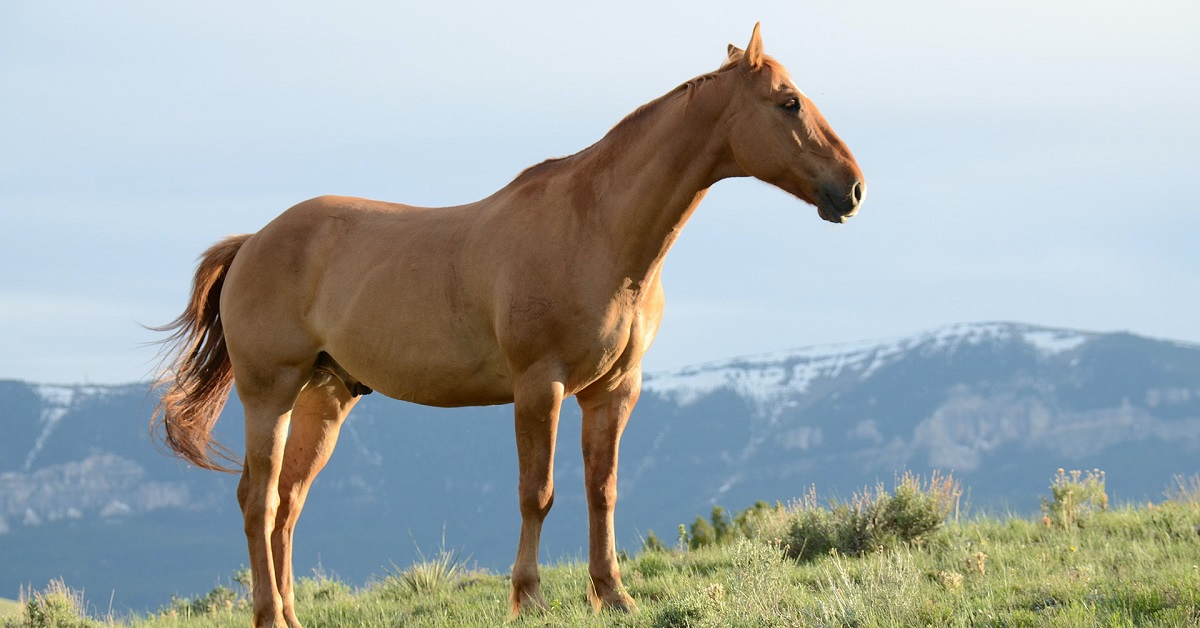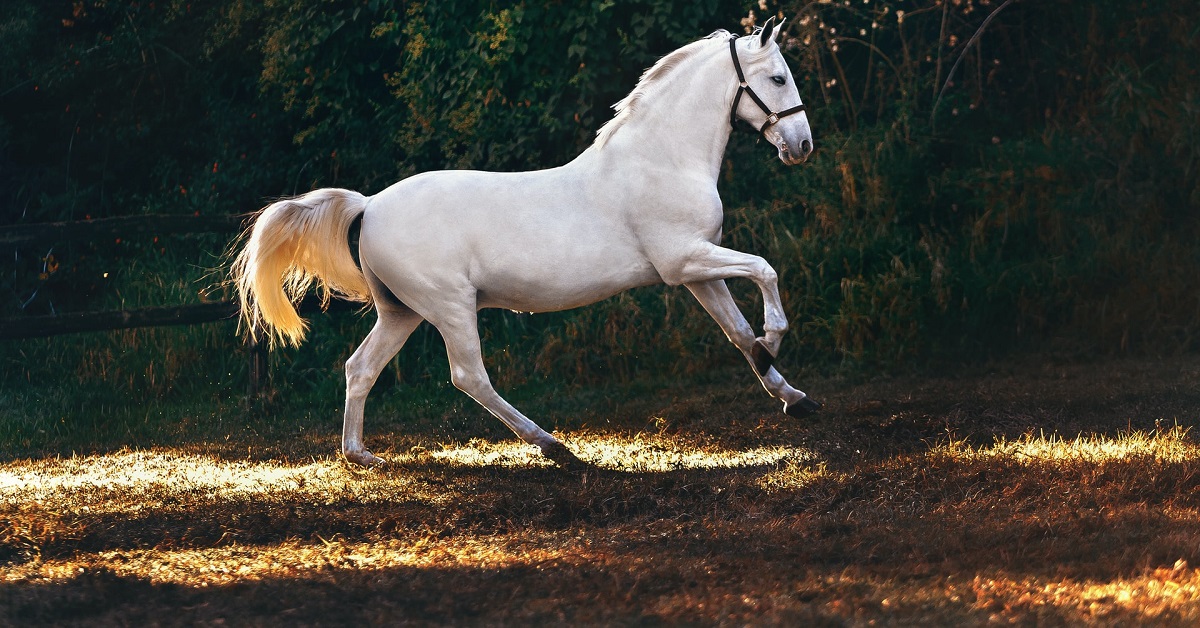Vetpharmacy.co.uk Cookie Policy : We use cookies to enhance your user experience. To find out more please view our cookie policy
How to Keep Flies off your Horse in Summer

As we all know, the lovely warm weather sometimes has a drawback - fly season. In addition to being unpleasant, flies are very harmful. They are attracted to smelly or dirty things, and they tend to carry a lot of dangerous bacteria and pathogens with them. Regardless of how hard you work, you won't be able to eliminate all of them, but you can definitely lessen them. Let's discuss the greatest advice and techniques for keeping flies off your horses below. This includes the best horse fly repellent.
How do I keep flies away from my horse?
House flies (use the best horse fly repellent)
The most prevalent and difficult to ward off flies in and around a stable are typically house flies (Musca domestica). They are frequently observed eating manure, wet feed, and face secretions. They may be exceedingly unpleasant in large quantities and are also found around horse sheaths.
Proper manure management, the removal of larval breeding grounds, and the use of numerous fly control products, including feed-thrus, scatter baits, on-animal sprays and non-insecticidal traps, are some of the control measures for the house flies.

Face flies
Face flies, also called Musca autumnalis are quite similar to house flies and are particularly challenging to tell apart in the wild. They are a type of non-biting flies that feed on animal face secretions and are responsible for spreading infections like pinkeye in cattle.
On-animal fly sprays and fly masks can be used as control measures to kill or deter facial flies that are attracted to horses as a food source.
Stable flies
Blood-feeding stable flies, or Stomoxys calcitrans, are frequently observed feeding on horse legs. They transmit the pathogens that cause equine infectious anaemia and anaplasmosis through their piercing, sucking-type mouthparts, which provide a pretty unpleasant bite. When your horse is being fed upon, stable flies are to blame for their kicking and stomping.
Horse and deer flies
All horse and deer flies belong to the Tabanidae family. Horse and deer flies can be distinguished from other kinds of flies by their bigger size and the fact that they all have huge eyes that they use to find hosts.
There are numerous commercially accessible traps that can catch horse and deer flies to help reduce populations. However, it is challenging to completely eradicate them.

Mosquitoes - when is it especially important to use the best horse fly repellent?
Small insects known as mosquitoes have long, thin bodies and long, pointed mouthparts for sucking blood. The males eat nectar or pollen, and the females feed on blood, just like the horse and deer flies. Female mosquitoes may deposit eggs on top of stagnant water or in regions that are susceptible to flooding, depending on the species. Others thrive in stagnant, more "polluted" water, while certain species prefer "cleaner" water, like water troughs.
Insecticide barn misting systems are crucial in safeguarding horses indoors. On-animal fly sprays could be used to deter and destroy adults feasting on horses in pastures.
Itch caused by mosquitoes is known as sweet itch. Almost every horse or pony can develop sweet itch, an allergic response to mosquito and midge bites, irrespective of type, breed, or age. However, research has shown that some native breeds are more likely to develop sweet itch than others.
Learn how to prevent sweet itch in our previous blog post here:
What is the best horse fly repellent?
Different fly sprays may perform better on your horse than others. Shop online at Vet Pharmacy for some of the best horse fly repellents:
This blog post was written on behalf of Vet Pharmacy by Pharmacy Mentor.